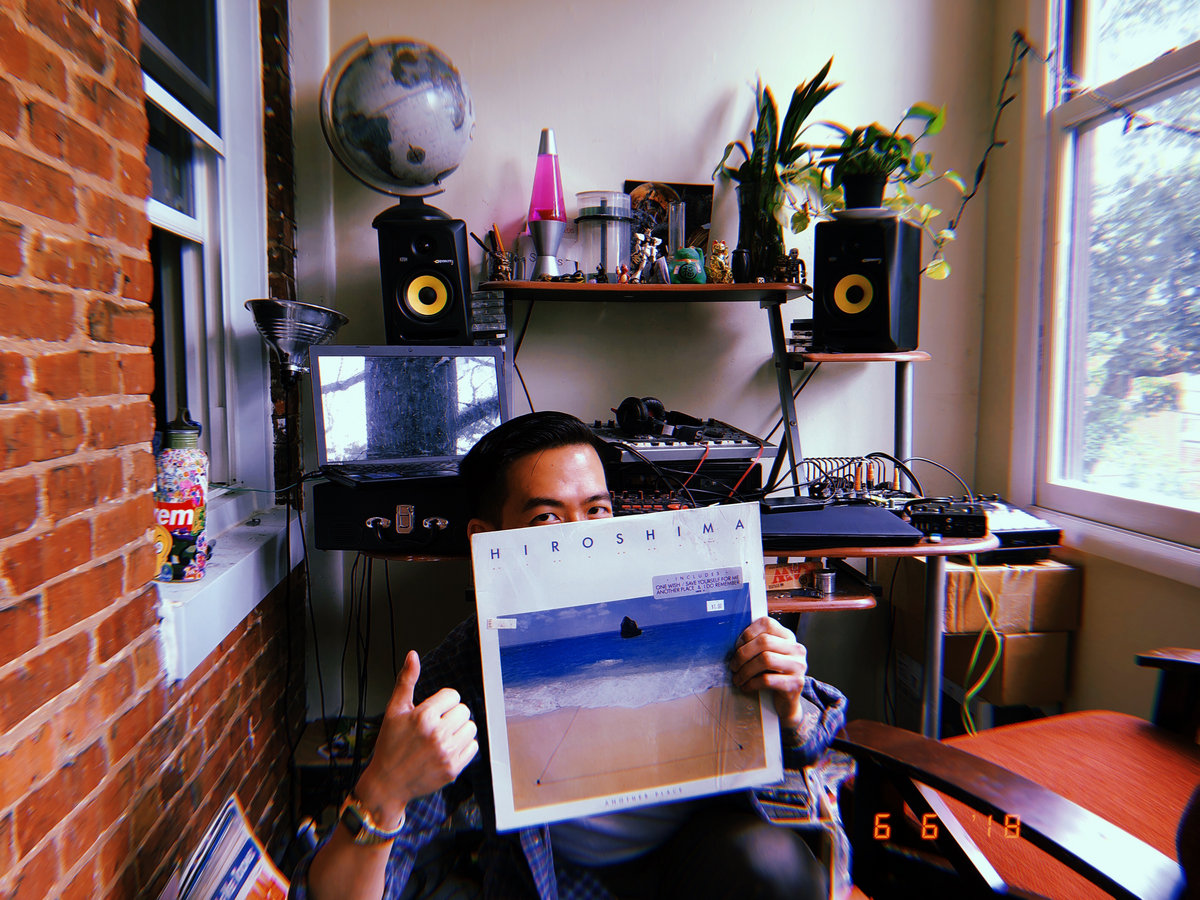How I engage with ambient music differs from most other genres. I can’t have playing in the background while I’m working or reading because the spacing and pacing don’t soothe my subconscious. Instead, they activate its curiosity and encourage it to focus to what’s happening in the music – and not what I’m doing. Thus, I usually enjoy such artists late at night while playing a Final Fantasy-type video game.
Because of the effect the music have on my brain, it acts as a replacement for the in-game soundtrack. My psyche interprets the sounds as a curious blend of traditional video game score and my favorite sorts of electronic music. It fuels my attention during yet another night of leveling up my character and saving for the next round of improved gear.
As a kid raised on American pop-rock tropes, the lack of a familiar beat and instrumentation appeals to me in ways I never expected. I enjoy how it spurs different parts of my brain. It challenges me to process art from far outside my comfort zone. Even then, the rules are the same as anything else:
It can’t be derivative, and I want it to move me on a primal level.

From the jump, Stay Indoors and Swim by Ki Oni had me hooked. Released as a full-length on Sound as Language after an initial three-song EP in 2020, this eight-song album overflows with warm and watery sensations.
The ethereal synths exude a dreamy consistency, but everything isn’t a bed of roses. The sonic textures ripple with arpeggios and broken chords, while the phrasing is both angelic and haunting. It’s as if we’re eavesdropping on a room full of people speaking in a beautiful unknown language. But while we have no clue what they’re saying, we can still understand exactly what they are communicating.
The entire listening experience is profoundly intimate, yet pleasantly inviting. Conjure up Air channeling Suzanne Ciani. Dream about Autechre dancing with Delia Derybshire. Consider Boards of Canada chilling with Aphex Twin.
And I was invested for all 80-plus minutes.

From the outset, I was enamored with the robust interplay between friendly arrangements and mysterious tones. Then again, this should be expected, as Ki Oni is the pseudonym of Chuck Soo-Hoo, one of the regular hosts of dublab. Thus, the album holds tremendous appeal for long-time fans of experimental and ambient music.
However, the ideas and energy at play could attract a whole new audience. Despite the floating sensation of this project, you also feel you’re being subtly pulled in a specific direction. I feel profoundly connected to everything offered on Stay Indoors and Swim. It’s an album I would recommend to anyone who’s ever shown an interest in ambient music, despite their preconceived notions of the genre.
Sure, it asks a lot of its listeners, but it’s also very rewarding.

From start to finish, the melodies and musics of these songs are precisely crafted while feeling completely organic. Tracks like “Life at the End of the World” and “Diving into the Lost World” come across as deconstructed chamber music that is both lush and light. With “Invisible Islands” and “Riders of the Wind,” the entire sensation is airy on the surface, but rich with considerable heft and depth. You hear a postmodern string quartet provide intertwining voices and ample counterpoint to satisfy your music theory cravings.
My RPG sensors went off every single tune. Some sections give off vibes of a cave or lakeside cut-scene where the main characters have an essential conversation that propels the plot forward. Others prompted visions of dream sequences wherein the protagonist struggles with their past while still choosing to make the right choices for the future.
The music both calmed me at night and refreshed me for the road ahead. Much like a life potion or jar of mana.

Stay Indoors and Swim delivers a captivating and contemplative musical journey. Ki Oni creates sublime, relaxing songs that still offer much-appreciated forward momentum. His music holds me gently in its grasp while also instilling a sense of wonder about what could happen next.
These songs have purpose. Nothing feels wasted. Everything is intentional. This music earns my full attention, but I never feel like it demands my time and effort. Instead, it gently beckons for me, and I willingly give it the patience, care, and considerate it deserves.


